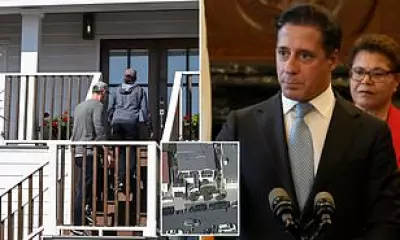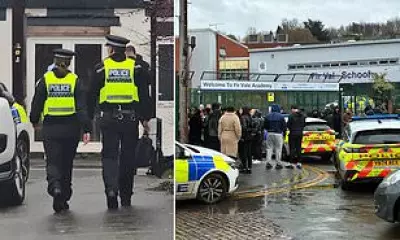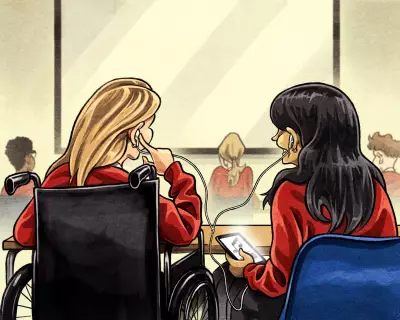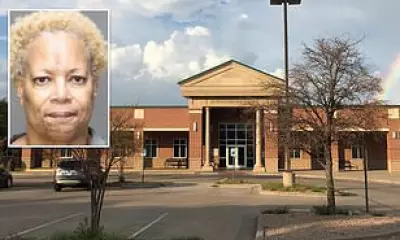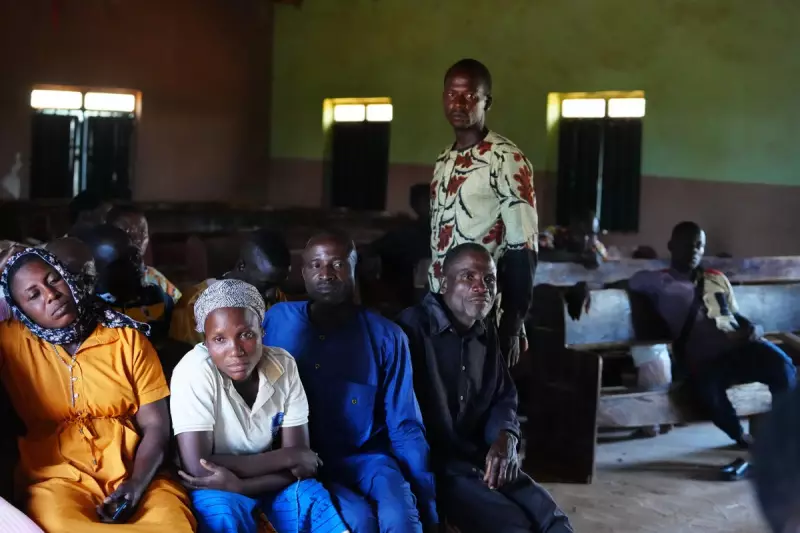
Recent photographic evidence has shed light on the devastating security crisis unfolding across Nigeria, where widespread violence continues to affect citizens from all religious backgrounds.
Trump's Comments on Christian Persecution
United States President Donald Trump has specifically highlighted Nigeria in his recent statements, accusing what he calls "radical Islamists" of systematically targeting and "killing Christians" throughout the country. These remarks, made in November 2025, have drawn attention to the ongoing religious tensions in the West African nation.
Church leaders and victims have supported President Trump's assertions, detailing how Christians have faced repeated attacks, kidnappings, and killings specifically because of their religious beliefs. Many have described a pattern of faith-based violence that has created an atmosphere of fear among Christian communities.
A More Complex Reality
However, numerous experts and local residents insist the situation is far more complicated than simple religious persecution. Security analysts and community leaders argue that most attacks reflect broader security failures that have plagued Nigeria for years, rather than purely religious motivations.
The violence affects everyone in the conflict-ridden northern regions, regardless of whether they identify as Christian or Muslim. Everyone has become a potential victim in this complex security crisis that transcends religious boundaries and speaks to deeper societal issues.
Documenting the Crisis
The Associated Press has curated a collection of photographs showing scenes from across Nigeria, providing visual evidence of the widespread impact of the violence. These images, dated Tuesday 18 November 2025, offer a stark portrayal of the human cost of the ongoing conflict.
Much of northern Nigeria remains gripped by this security emergency, with communities on all sides suffering the consequences. The photographic documentation serves as a powerful reminder that the violence spares no one, affecting people across different beliefs and backgrounds throughout the troubled region.


